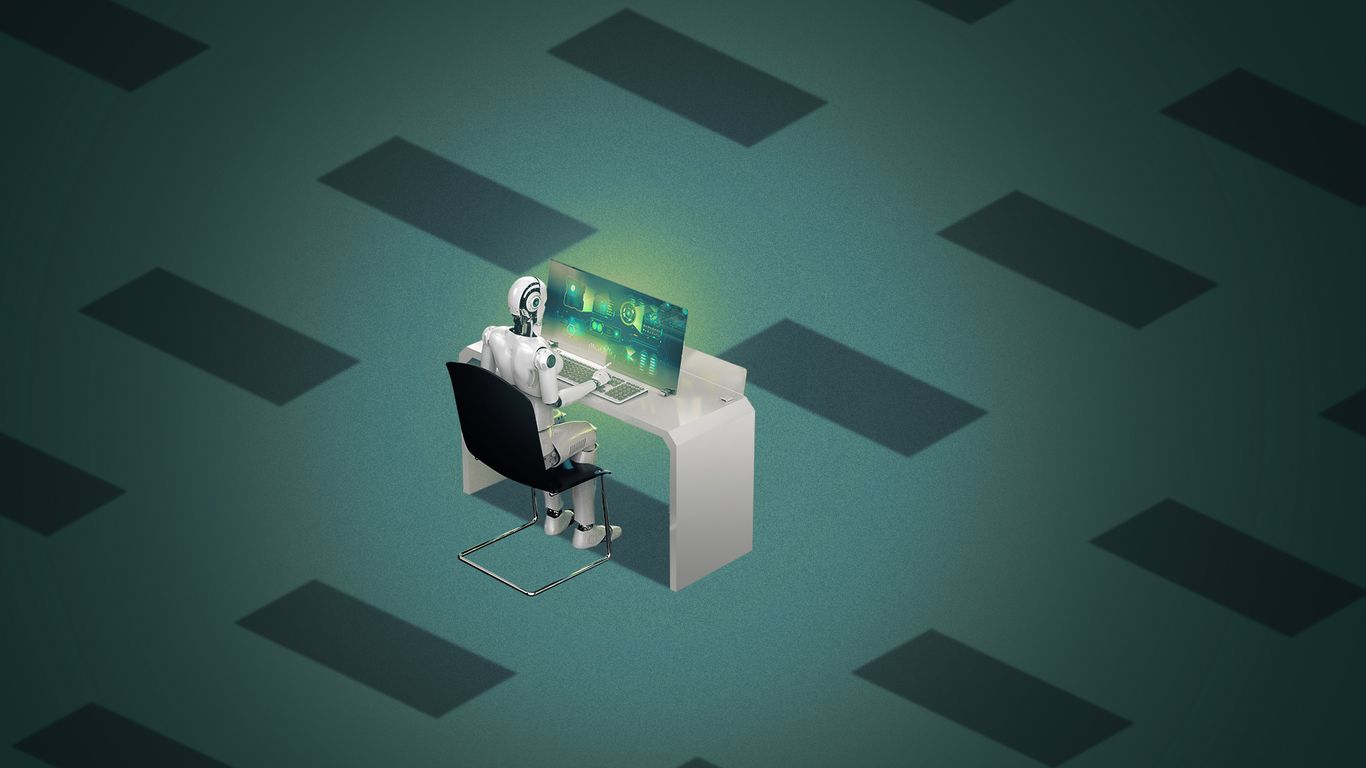Summary
A study from Stanford University shows that AI is reducing job opportunities for young workers in roles affected by AI, such as software development and customer support. The research found a 16% drop in employment for workers aged 22-25 since late 2022 in these fields. While older workers and those in different areas have not been significantly impacted, the study highlights the need to adjust the labor market for future workforce growth.
Key Facts
- AI is reducing job opportunities for entry-level roles, especially in AI-impacted fields.
- Employment for young workers (ages 22-25) in these roles has dropped by 16% since late 2022.
- The impact of AI on jobs went from theoretical to significant in a short time.
- Older workers have not experienced the same job impact because they have on-the-job experience known as tacit knowledge.
- AI's effect on hiring depends on whether companies use AI to assist or replace human workers.
- The study used ADP payroll data to analyze the trends.
- There is uncertainty about whether AI will affect only entry-level jobs or expand to higher-skilled positions.
- Researchers are developing an "AI economic dashboard" to help both workers and employers.

